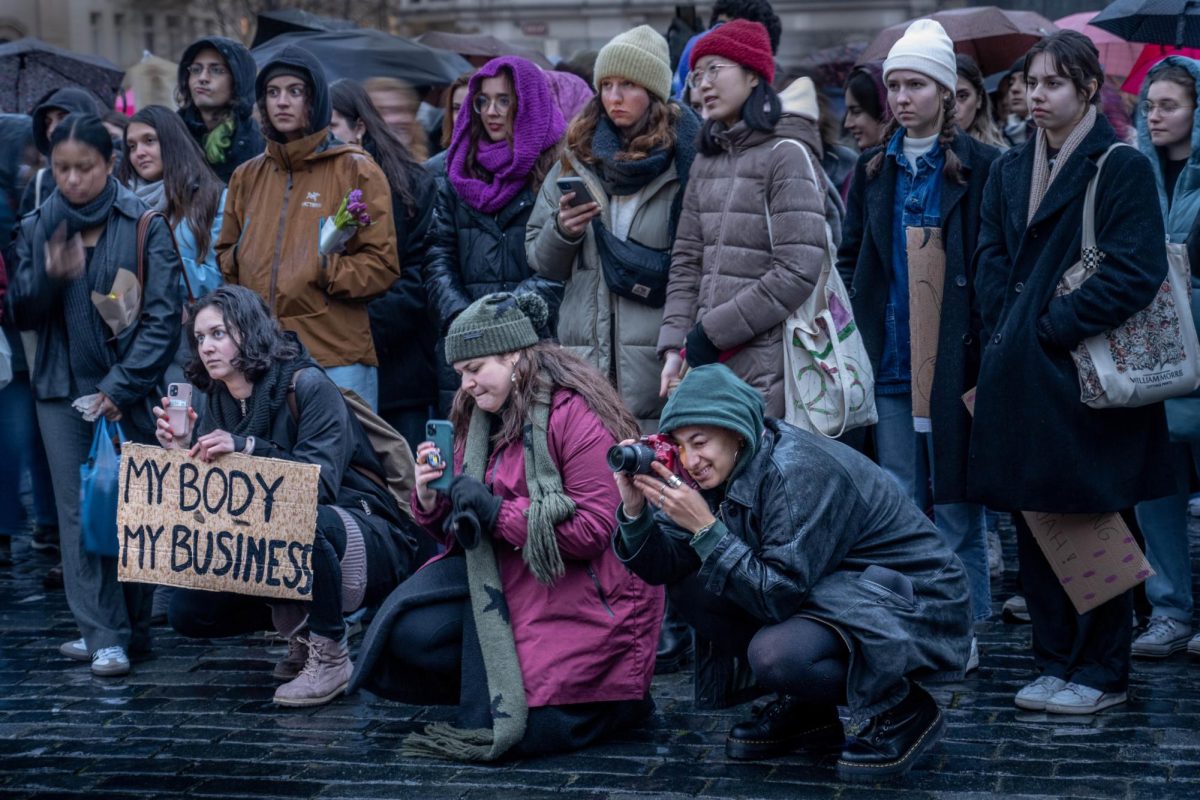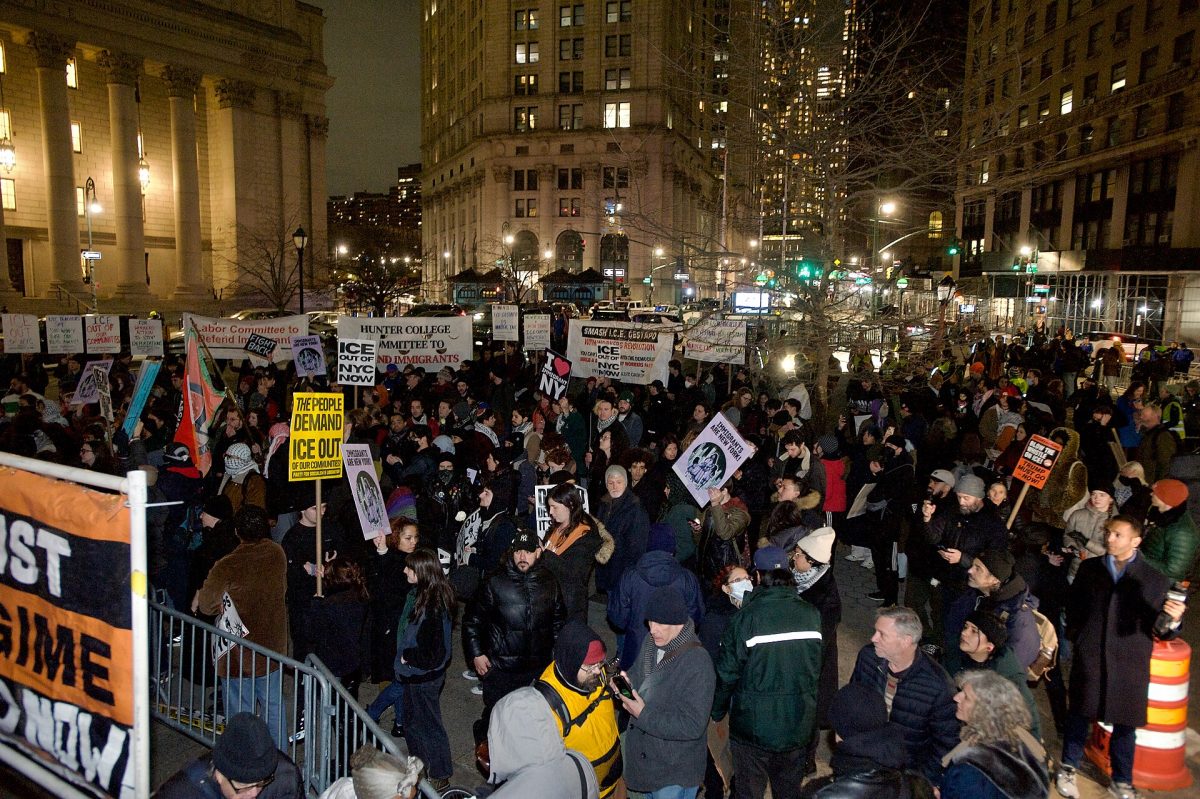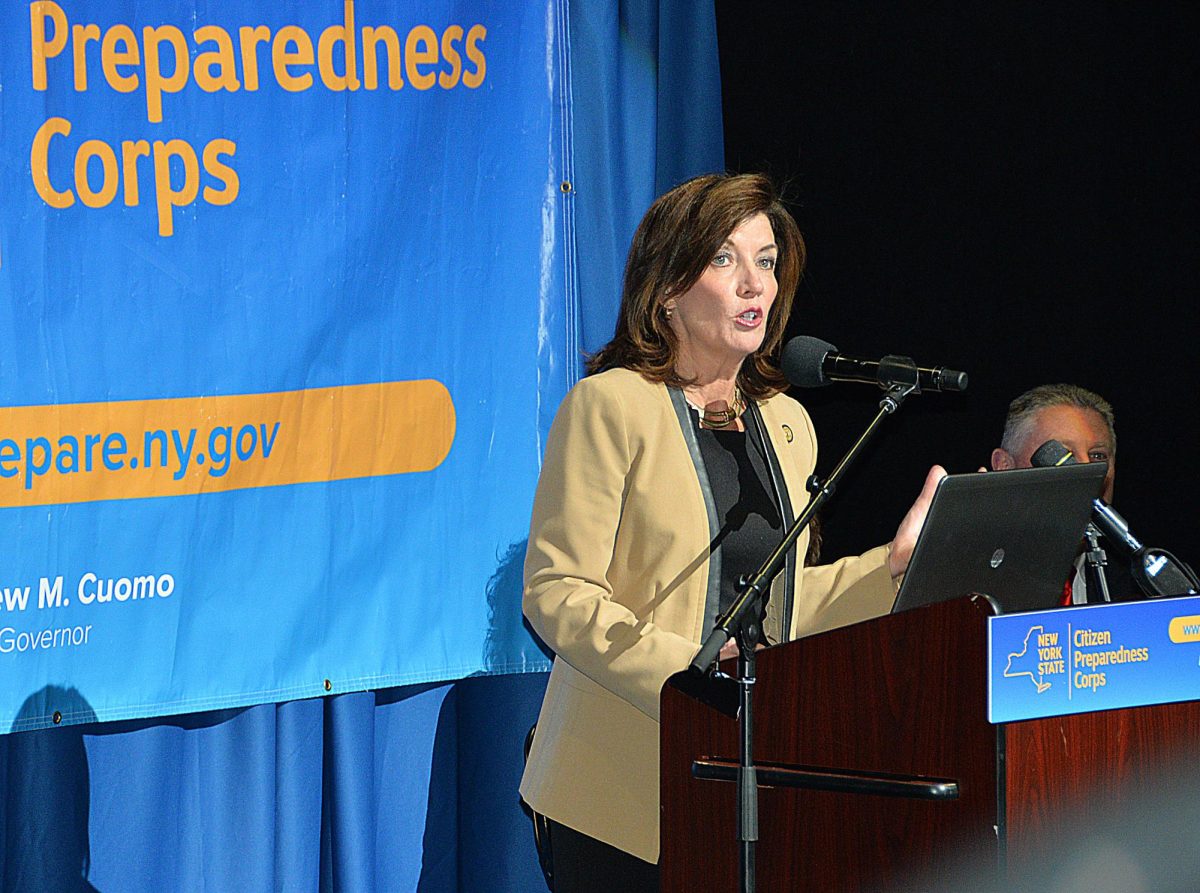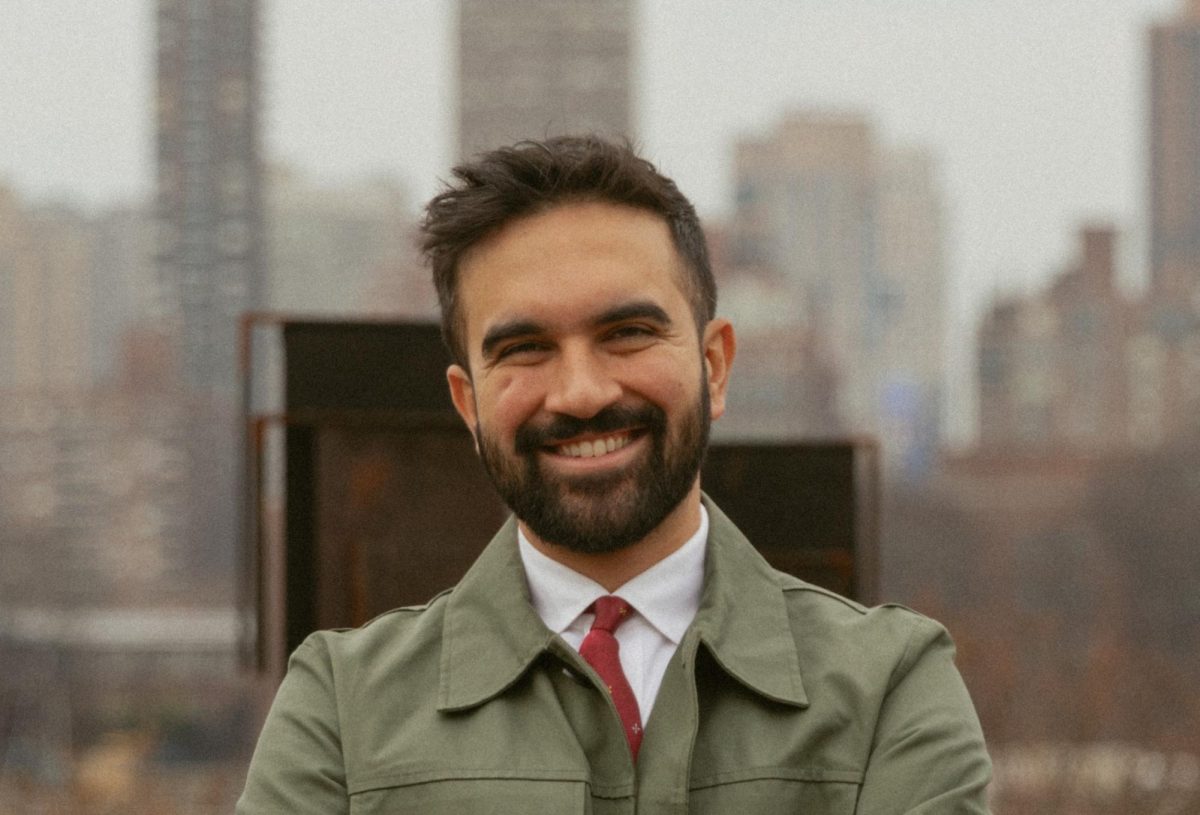The 4B movement, a South Korean feminist initiative, has attracted significant attention from American women after Donald Trump, whose past administration led to the repeal of federal abortion laws, won the 2024 presidential election.
The increased support for the movement was triggered by Trump’s previous decision to appoint Supreme Court judges who ultimately overturned Roe V. Wade in 2022.
Roe v. Wade prohibited individual states from banning abortions in the first and second trimesters of pregnancy.
By overturning the landmark decision in Dobbs v. Jackson Women’s Health Organization, the Supreme Court eliminated federal protections for female reproductive autonomy.
According to CNN statistics, 13 states outlawed the procedure, nine of which made no exceptions for rape or incest.
Ana Badue, an anthropology professor at Baruch College, was not surprised that the movement captured the interest of American women, who frequently couldn’t afford reproductive healthcare.
“If a person lives in a state where abortion is illegal, and they want to come to New York, let’s say, it can be very pricey,” Badue said. “Imagine how many people have access to that. Very few.”
The 4B movement promotes complete avoidance of heterosexual relationships, The “4B” part in the initiative’s name corresponds to four Korean words that translate to “no dating men, no heterosexual sexual relationships, no heterosexual marriage and no childbirth.”
The movement is South Korean women’s response to the issue of gender inequality in the country and a way to demonstrate their solidarity with the victims of persistent violence.
As reported by CNN and NPR, South Korean women were subjected to countless acts of brutality in recent years, such as revenge porn, digital sex crimes and even femicide.
One such case was the murder of a 23-year-old woman near a subway station in Seoul.
The perpetrator claimed he did it because he was constantly ignored by the opposite sex.
South Korea is also known for having the largest gender pay gap among countries in the Organisation for Economic Co-operation and Development.
In 2021, South Korea reached a 31% wage gap compared to 16.9% in the U.S. Strict maternity leave policies at worksites often forced South Korean women to sacrifice either their careers or families.
As a result, the country has the second lowest fertility rate at 0.8 children per woman, according to the World Bank.
Judy Han, an assistant professor of gender studies at the University of California, Los Angeles, acknowledged those causes as the foundation for the 4B movement in an interview with CNN.
“When there is such widespread violence against women, there is such systemic discrimination and inequality, when there’s so much that makes marriage, childbirth and child rearing … difficult, why and how could anyone imagine getting married and giving birth?” Han said.
Many American women started to explore and advocate for the 4B movement on social media platforms like TikTok and X.
Some posts on the topic gained hundreds of thousands of likes.
The online activism provoked a strong backlash among men, who regularly texted “Your body, my choice” and similar phrases in the comment sections.
Badue said regardless of whether the 4B movement sees mass adoption in the US it has already made an impact.
Considering participating in the movement and the widespread dialogue surrounding the movement’s motives indicates where people stand on the issue.
“4B has an aesthetic political quality,” Badue said. “And even if not everyone joins it, it shows the possibility of a huge strike.”














